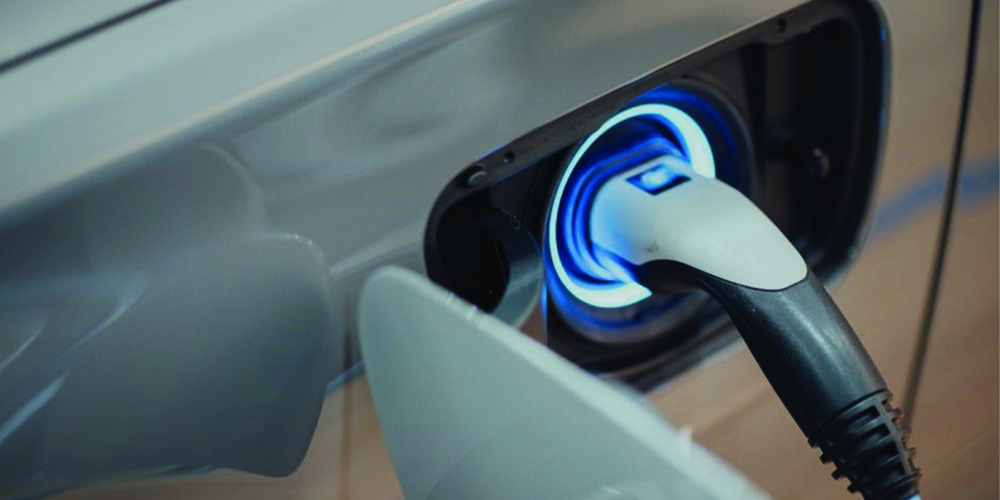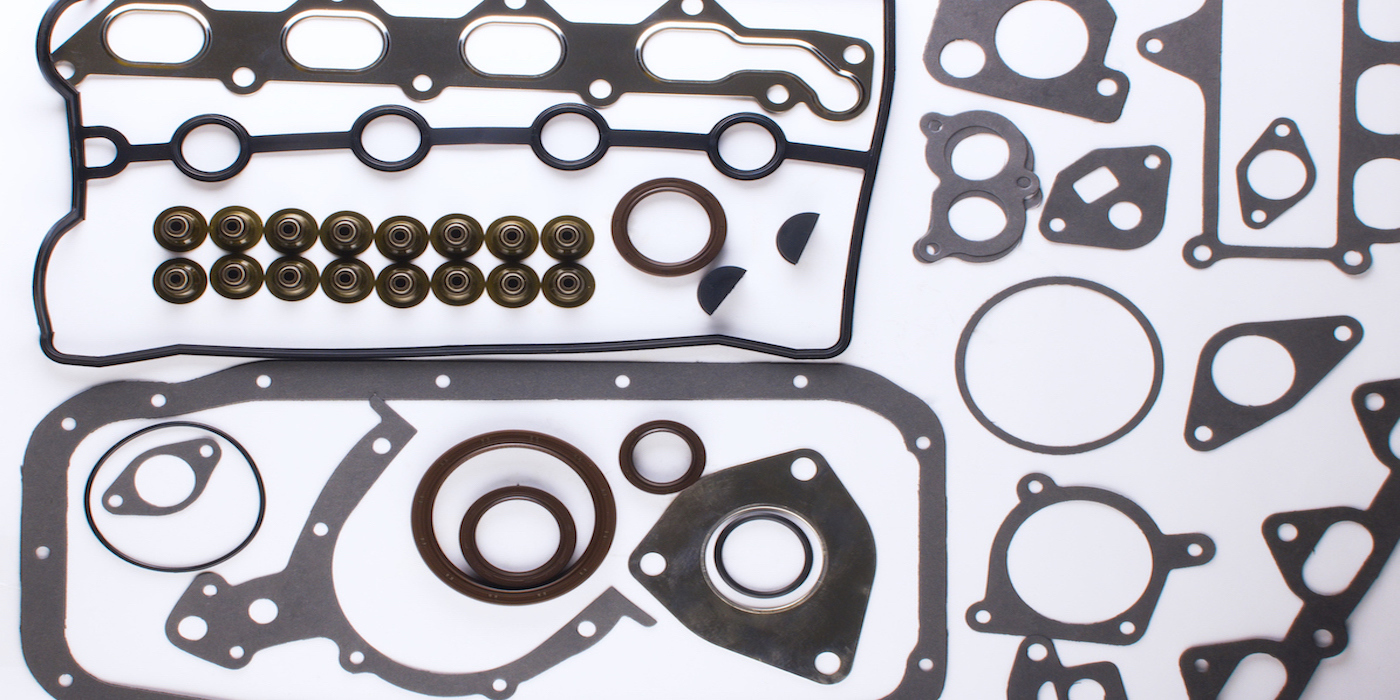There is no doubt that the new car dealer is interested in growing the service side of the business, especially those selling Ford, GM and Chrysler vehicles. If you look at the latest information from the National Automobile Dealers Association (NADA) 2006 survey you’ll know why — the average dealership made about $70,000 in net profit from new car sales, $140,000 net profit from used vehicle sales and $300,000 net profit from service and parts. Those might seem like big numbers (and they are), but you must remember the average dealership has $32 million in gross sales, a $2.4 million total payroll, 17 service bays and employs 12 technicians.
Recently, there seems to be an upsurge of negative comments from the “aftermarket” side of the business against the dealership. The industry is saying that you (the independent service shops) are buying more and more of your parts from the new car dealership rather than from traditional aftermarket suppliers. (Actually this point is not true and sales have been relatively flat at just over $13 billion.) Where you buy your parts is a subject for another day, but why so many people are making the dealership out to be the bad guy is my question. The dealership owner is trying to run a profitable business just like all those other service providers down the street — like the national chain, the tire dealer, the quick lube and the national franchisee.
The real bad guys in this business are all the shops out there that are either doing bad work or creating bad expectations with customers (i.e. the $49.99 brake job). The bad guys have the unsightly looking shops and poor customer service practices that wear on the image of the whole industry. There has been a lot written about all the good things you do for this country by helping to keep vehicles on the road, but what’s top of mind is the rip-off scandal profiled on the nightly news. This needs to change.
From an image standpoint, I think the new car dealer does a pretty nice job. They are focused on making the customers’ experience as good as possible to ultimately bring customers back in the door to buy a shiny new car — which is the dealership’s true passion. When it comes to the image of the automotive service business, the independent shop, national chain, franchisee, quick lube, tire dealer and new car dealership are all in the same boat. So how do we police this thing with your neighbors? Is shop certification the answer? Let me know your thoughts.













